Discovering Lectio Divina
$18.99
Preface
1. Thirsty For God
We Long For Living Water
The Invitation To Meditate
The Sweetness And Bitterness Of Scripture
We Hope For Trans-formation
2. The Divinely Spoken Scripture
God’s Word In Human Speech
God’s Love Letter
The Divinely Spoken Scripture
A Record Of Human Relationship With God
Invitation To Human Relationship With God
3. We Who Live And Read
We Are Not Alone
What We Bring
What The Spirit Brings
What The Spirit Does
4. Reading
What Is Reading Like?
Reading And Interpreting
Personal Interpretation And The Holy Spirit
The Practice Of Reading
A Final Story
5. Meditating
What Is Scripture Meditation?
Slow Down
Take It In
Take It With You
6. Praying
Prayer Before Reading And Meditating
Prayer During Reading And Meditating
Prayer After Reading And Meditating
Prayer As The House That Lectio Divina Inhabits
7. Contemplating
The Word Contemplation
God’s Presence
Silence
Love
The Practice Of Contemplation
8. Acting In The Midst Of The Trials Of Life
Scripture Leads Us Into Action
Action Draws Us Into Scripture
Conclusion
For Further Reading
Notes
Additional Info
Saints of the past can’t seem to say enough about their ecstatic experiences with Bible reading. Meanwhile it’s all you can do to keep from dozing off. What was their secret? James Wilhoit and Evan Howard argue that our ancestors responded to the special nature of the Bible with special habits of reading. In this step-by-step introduction to the practice of lectio divina, you will learn what it means to read your way to intimacy with God.
in stock within 3-5 days of online purchase
SKU (ISBN): 9780830835706
ISBN10: 0830835709
James Wilhoit | Evan Howard
Binding: Trade Paper
Published: September 2012
Publisher: InterVarsity Press
Print On Demand Product
Related products
-
Grief Observed
$15.99Written by C. S. Lewis with love and humility, this brief but poignant volume was first published in 1961 and courageously encounters the anger and heart-break that followed the death of his wife, an American-born poet, Joy Davidman. Handwritten entries from notebooks that Lewis found in his home capture the doubt and anguish that we all face in times of great loss. He questions his beliefs in this graceful and poignant affirmation of faith in the face of senseless loss.
Add to cartin stock within 3-5 days of online purchase
-
Love Stories Of The Bible Speak
$30.00Biblical Studies
Additional Info
The Bible is full of “love” stories. But the Biblical idea of love is so much bigger than we imagine.Love is at the heart of the Bible. From the moment Adam declared Eve “flesh of my flesh”…to the sacrificial love of Joseph for Mary…to the deep friendship of David and Jonathan…to the abounding and never-changing love of God: The Bible is a love story. But it also redefines the way the world tells us we should think about love.
The Bible reveals not just butterflies and broken hearts. In Scripture, we see God’s beautiful design for the partnership of marriage. We witness friendships that cross all boundaries. We watch as families navigate the many seasons of life. Our guiding example for them all is the deepest, most abiding, foundational love ever known: God’s unconditional love for His people.
In The Love Stories of the Bible Speak, Shannon Bream draws lessons from the good, the bad, and the ugly of Biblical romances, friendships, and families. She shows how God’s love is often very different from ours, turning upside down our assumptions about life, relationships, and each other.
The Love Stories of the Bible Speak reminds us that, no matter where we find ourselves, God’s unwavering love will sustain and guide us. These insights into biblical relationships will uplift and encourage you, and reveal new dimensions to the most central Christian duty: to love God and your neighbor.
Add to cart1 in stock
-
Knowledge Of The Holy
$15.99Informative and inspiring, The Knowledge of the Holy illuminates God’s attributes–from wisdom, to grace, to mercy–and shows through prayerful and discussion, how we can more fully recognize and appreciate each of these divine aspects. This book will be treasured by anyone committed to the Christian faith. It bears eloquent witness to God’s majesty and shows us new ways to experience and understand the wonder and the power of God’s spirit in our daily lives.
Add to cart1 in stock (additional units can be purchased)
-
Problem Of Pain
$17.99For centuries Christians have been tormented by one question above all — If God is good and all-powerful, why does he allow his creatures to suffer pain? C. S. Lewis sets out to disentangle this knotty issue but wisely adds that in the end no intellectual solution can dispense with the necessity for patience and courage.
Add to cartin stock within 3-5 days of online purchase

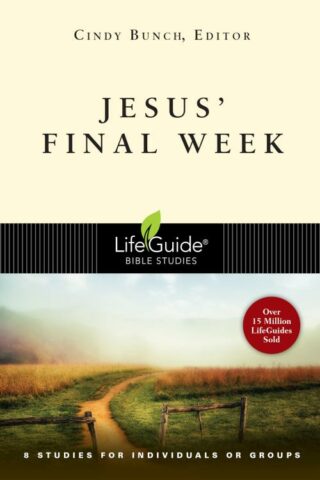



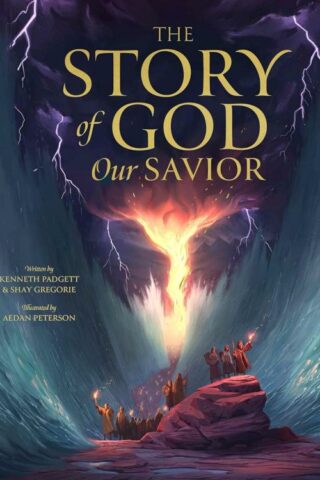

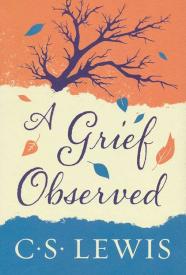

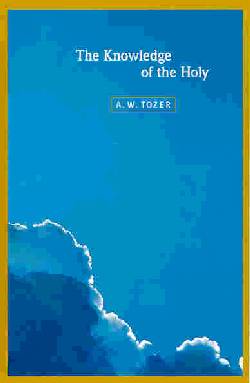
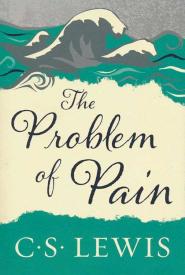





Reviews
There are no reviews yet.